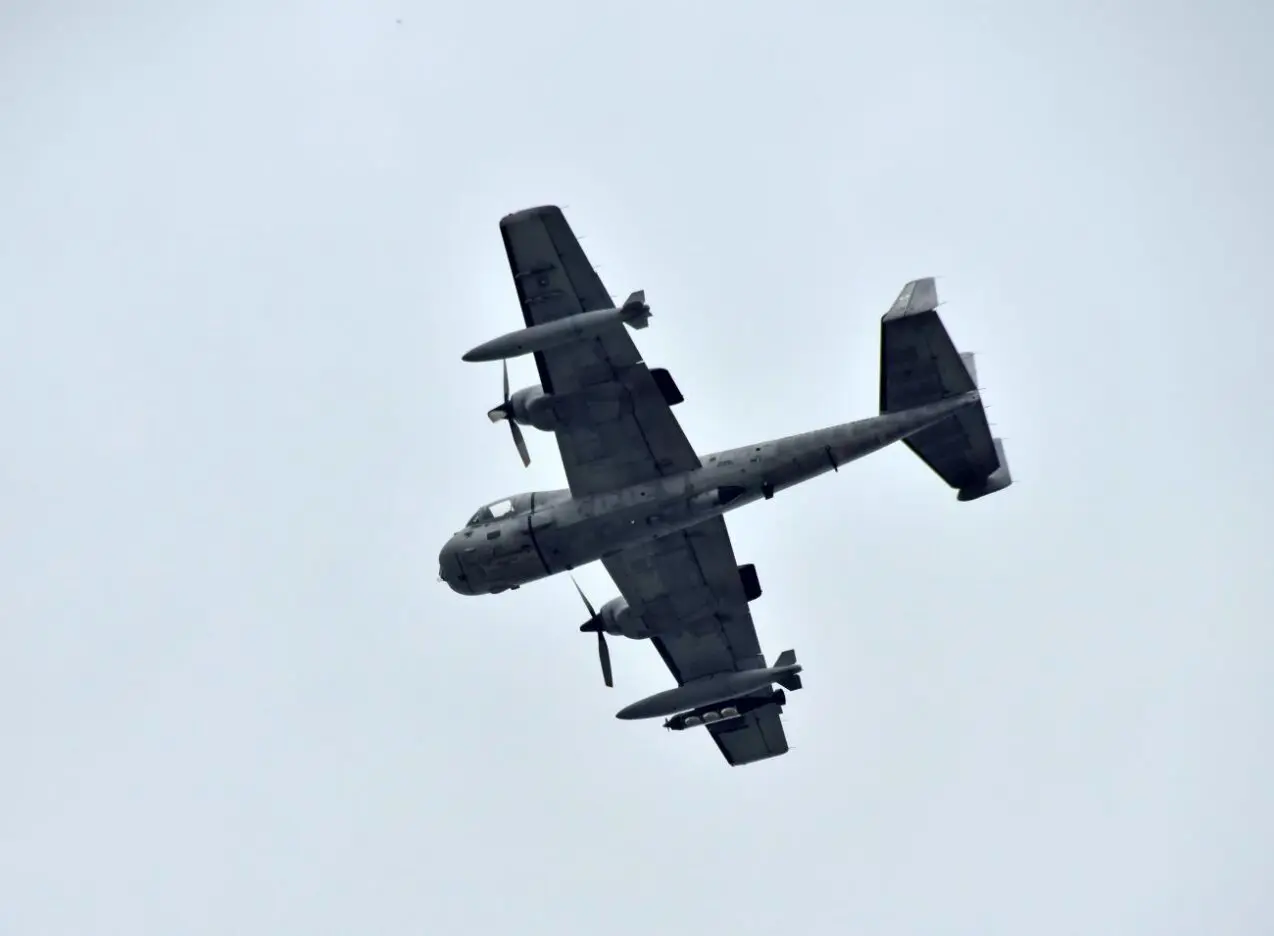For nearly six decades, the fate of a Vietnam War missing pilot had become an unsolvable mystery. But thanks to modern science and hours of investigative efforts, that pilot has now finally been accounted for, and his remains have been identified after vanishing without a trace in 1967.
On August 22, 1967, 35-year-old pilot John C.G. Kerr's aircraft simply went dark without any radio calls on a covert night time armed reconnaissance mission over the jungles of Laos. There were no distress signals or last communications, and Kerr and his plane seemed to have completely disappeared into the thick foliage. Intensive searches by U.S. forces failed to turn up any wreckage or the missing airman from Florida.
It wasn't until recently that the decades-old mystery began to unravel. The Defense POW/MIA Accounting Agency (DPAA) announced on Monday that it had successfully accounted for Kerr, marking the end of his 57 years of being listed as a Vietnam War MIA remains unidentified.
"He was finally brought home after all this time," said a DPAA spokesperson about the U.S. pilot remains accounted for after the Vietnam War. "It's a prime example of why this identification project is so vital in giving closure to families."
The statement refers to the DPAA's reinvigorated push in recent years to leverage advanced DNA testing and other forensic analysis to identify the remains of missing American personnel from past conflicts like Vietnam. For the hundreds of U.S. service members whose fates were unresolved, often with only fragmented bones and scraps of evidence remaining, modern science now allows their stories to be completed.
In Kerr's case, his ill-fated final flight was part of the covert air operations the U.S. conducted as part of the secret war in Laos during Vietnam. Though officially neutral, Laos had become a crucial front as the Ho Chi Minh Trail snaked through its borders, used to funnel supplies to North Vietnamese forces. Under operations like Commando Hunt, American fighter-bombers undertook thousands of armed reconnaissance missions targeting those supply lines and troop movements in the jungles below.
It was likely during one of those Laos Vietnam War secret missions that the pilot Kerr met his demise in 1967, with his plane either being shot down or crashing in the remote terrain, never to be located despite extensive searches at the time and for his family back in the States, the years ticked by in anguish with no answers about his fate.
Now, finally, that endless waiting has concluded with the incredible news that Kerr's remains have been found and identified nearly 60 years later. The DPAA's efforts allow heartbreaking cases like this Vietnam War missing pilot to get resolved, recovering the fallen to bring their loved ones peace.
While over 1,500 personnel are still unaccounted for from the Vietnam War, the DPAA has made significant strides by using cutting-edge forensic analysis and working to access archaeological sites and recoverable remains across Southeast Asia. Currently, around 170 active cases are believed to contain possible human remains that could lead to more identifications.
The scientific breakthroughs make it possible to extract DNA information from even severely degraded bone fragments. That DNA can then be compared to samples provided by missing service members' families to find potential matches. Other techniques like isotope testing of tooth enamel can help pinpoint remaining individuals' origins.
It requires intensive cross-referencing and elimination to sift through the evidence. But this rigorous process has allowed cases like Kerr's to be finally closed, with the fallen pilot's remains now slated to return to his birthplace of Florida for a proper burial with full military honors.
For the families who have languished without closure for so long, having finally accounted for these Vietnam War MIAs provides an indescribable sense of relief and a chance to lay their loved ones to rest. The DPAA's efforts aim to bring that peace to as many families as possible who sacrificed so much.
As the Vietnam War fades from living memory, this identification project ensures that the servicemen who never came home from its bloody campaigns will not be forgotten. Their names and stories live on, with this latest case writing the final chapter on pilot John Kerr's ill-fated 1967 flight over Laos - finally found after nearly 60 years missing.

 China's industrial profits decline at slower pace in Nov
China's industrial profits decline at slower pace in Nov
 China's BYD offers year-end discounts of up to 11.5%
China's BYD offers year-end discounts of up to 11.5%
 Oil prices set for weekly gain on China stimulus optimism
Oil prices set for weekly gain on China stimulus optimism
 Canada ministers to meet Trump aides in Florida over tariff risks
Canada ministers to meet Trump aides in Florida over tariff risks
 Sirianni and Ertz cleared the air after exchanging words following Washington's win over the Eagles
Sirianni and Ertz cleared the air after exchanging words following Washington's win over the Eagles
 Tucker Gleason runs and passes for 5 OT scores as Toledo beats Pitt 48-46 in bowl-record 6 overtimes
Tucker Gleason runs and passes for 5 OT scores as Toledo beats Pitt 48-46 in bowl-record 6 overtimes
 Why Nefertiti still inspires, 3,300 years after she reigned
Why Nefertiti still inspires, 3,300 years after she reigned
 Vietnam War missing pilot
Vietnam War missing pilot






